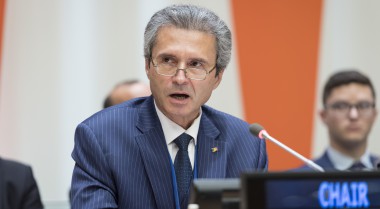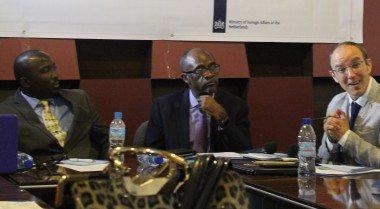
UN Update: the Importance of Regional Partnerships for Peace and Conflict Prevention
The UN Secretary General’s report on peacebuilding and sustaining peace from 2018 explicitly highlighted that sustaining peace is a collective effort that requires the active involvement of all relevant actors including regional organizations, civil society, women’s groups, youth groups, and the private sector. In particular, regional and sub regional organizations provide resources for peaceful action such as preventative diplomacy, confidence building, mediation tools, local knowledge, networks, and analytical capacity. Countries and organizations within a region often have intersecting or similar visions for the future which can serve as the foundation for collective efforts towards sustainable peace.
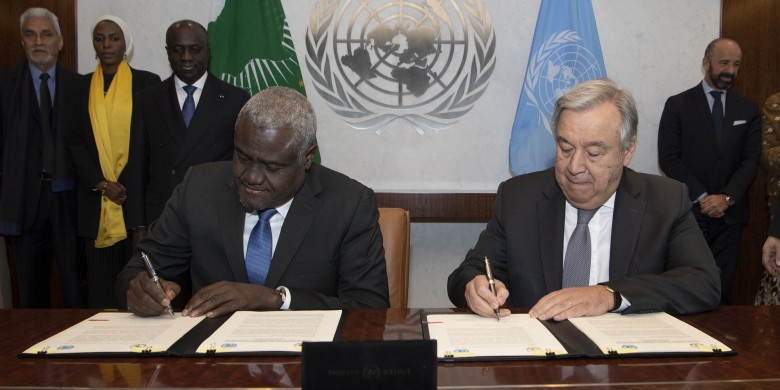
Throughout December, the UN Security Council and General Assembly held meetings on the role of regional cooperation in sustainable peace and conflict prevention. On November 26, 2018, the UN General Assembly held a meeting on the cooperation between the UN and intergovernmental regional organizations. Twenty-six organizations, both regional and international, were discussed and eight resolutions were passed by the assembly. These results reflect the understanding that regional cooperation is necessary for sustainable peace.
The UN Security Council joined the conversation on regional and sub regional cooperation with a meeting on December 6. The current president of the council, the Permanent Representative of Cote d’Ivoire, framed the conversation with important questions to consider, including: how cooperation between the United Nations and regional organizations around conflict prevention can be improved; and what regional actors would be valuable partners. The Ambassador stated that it is vital to grow partnerships that are mutually beneficial and work towards a common goal.
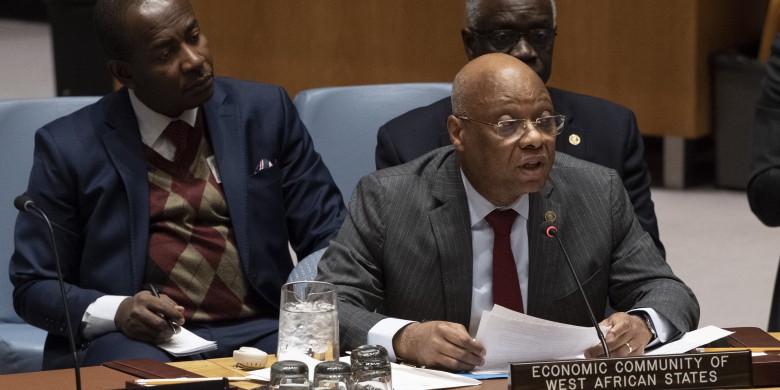
The Secretary-General also spoke at the meeting, focusing on the need to switch from responding to conflict to preventing it in the first place. Regional organizations are key to prevention because they are close to the problem and have knowledge of local dynamics. Regional organizations can take action earlier while situations are just beginning to deteriorate. The Secretary-General emphasized that “conflict prevention is a responsibility that we all must shoulder” and “must be at the heart of all our collective endeavors.”
The message throughout the meetings was that the UN is underutilizing partnerships with regional and sub-regional organizations, which could drastically improve the effectiveness of peace and conflict prevention. Even though each organization has a different purpose, the Secretary-General insisted that these ongoing partnerships intersect on key issues like peace and security, sustainable development, humanitarian action, human rights, and rule of law. Looking forward, the Secretary-General seeks to increase efforts where a number of organizations are working towards a similar goal. Furthermore, he suggested that partnerships use the 2030 Agenda and the sustainable development goals as the frameworks for cooperation.
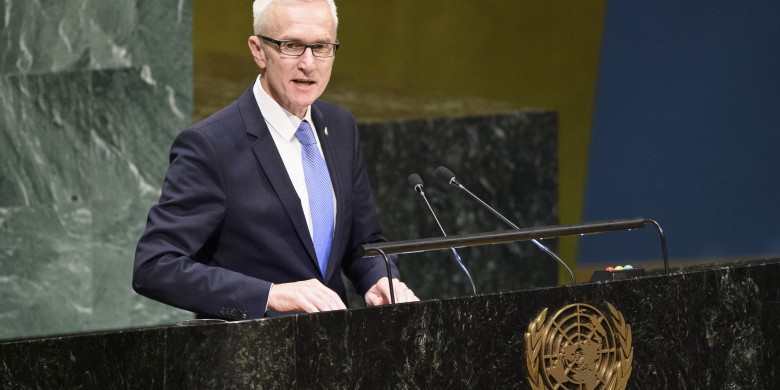
***
With the increasing attention on regional intergovernmental organizations grows at the UN, GPPAC has sought to support the conversation through its own work. This includes through the GPPAC co-facilitated Civil Society-UN Prevention Platform. The Platform held a meeting on the African Union and United Nations partnership on December 7. The meeting at the Quaker House was meant to be an informal space for individuals from all sides to share candidly and creatively about best practices, lessons learned, and concrete opportunities to improve cooperation. High level representatives from the UN Department of Political Affairs, the UN Peacebuilding Support Office, and the African Union reflected on successes and challenges of the partnership.
Regardless of the complexities of their partnership, both sides have built upon a foundation of mutual respect and to address issues of peace and security and development. This is done through two joint frameworks that guide the partnership. The first, signed in 2017, focuses on peace and security, while the second, signed a year later, centers on development, specifically on the 2063 AU Agenda and the 2030 Agenda for Sustainable Development. On both sides, there has been a strong push to increase consistent information sharing through field visits, briefings to Security Council and AU Peace and Security Council, regular consultations with regional organizations, and annual conferences.
As a network of civil society organizations, coordinated through regional networks, GPPAC recognizes the importance and effectiveness of inter and intra-regional cooperation. Given the increasing complexities and interconnectedness of conflicts around the world, it is clear that regional organizations will have an ever more important role in conflict prevention. Many GPPAC members already work closely with regional organizations in their own contexts. It will be critical in 2019 to build on this work and strengthen both the UN and regional organizations capacities for conflict prevention and to increase the space for civil society in this partnership.
